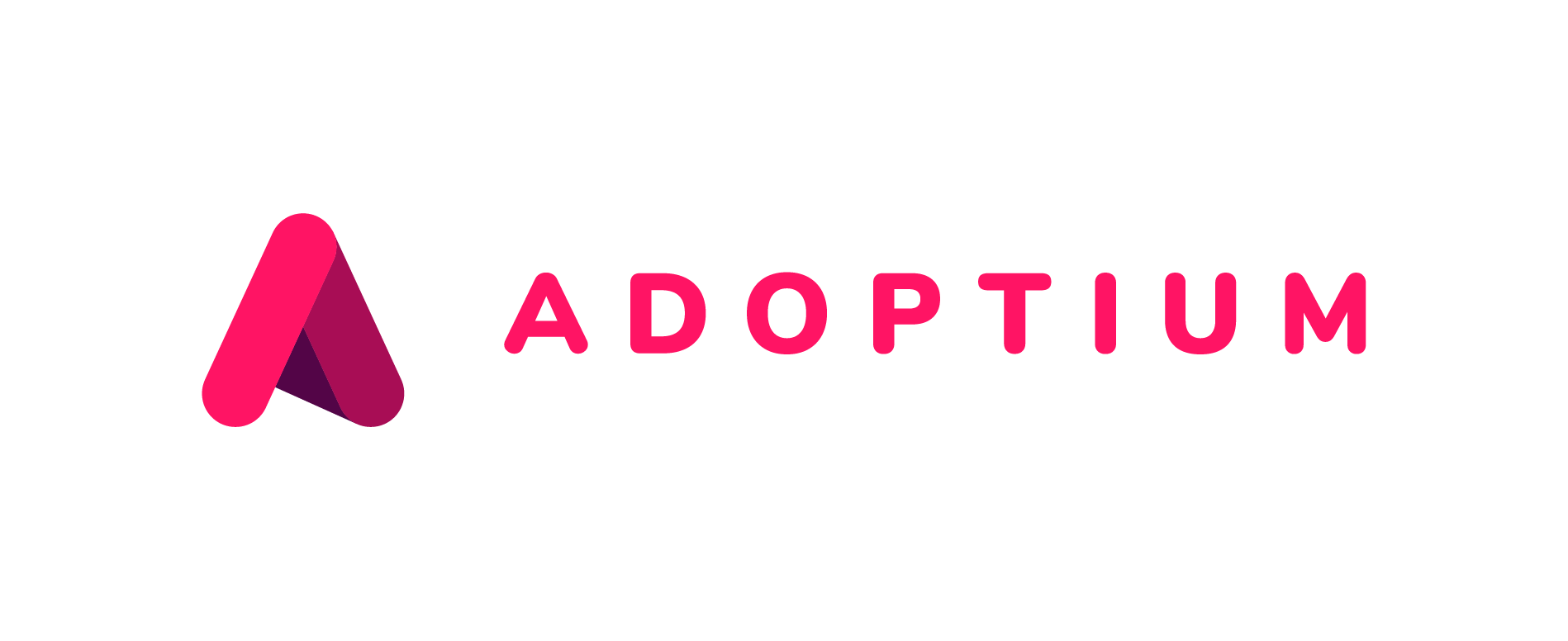For Students
How to Sign Up for CANOSP
Thank you for your interest in CANOSP! The best way to get involved is to contact your faculty mentor to find out how the course is offered at your institution and how to sign up. Below is a list of participating universities, faculty mentors, and application link (if applicable).
| University | Faculty Mentor | Faculty Requirements | Faculty Application |
|---|---|---|---|
| University of Alberta, AB | Karim Ali [email] | UAlberta Requirements | UAlberta Winter 2022 Application Closed 10 Dec 2021 |
| University of British Columbia, BC | Meghan Allen [email] Karina Mochetti [email] |
Forthcoming | UBC Winter 2022 Application - Closed |
| McGill University, QC | Jin Guo [email] | Forthcoming | McGill Winter 2022 Application - Closed |
How to get CANOSP at Your University
We welcome all Canadian post-secondary institutions that offer a Bachelor in Computing Science or equivalent degree to participate in CANOSP! If your school is not on the list above, it means that CANOSP is not yet offered there. The Faculty Mentors page contains information for professors about CANOSP and an application to participate in the program. Alternatively, you may Contact Us to see if we are currently working toward getting your university on board!
What to Expect as a CANOSP Student
This is a heavy, project-based course that requires consistent dedication throughout the semester, timely and clear communication with teammates and mentors, and self-directed research and learning. Each student accepted into CANOSP will be assigned to one of the open-source project teams for the semester. Each team is guided by experienced mentors who will explain the project and goals for the semester, and assign various tasks to complete.
Each semester kicks off with a Code Sprint, which normally takes place Friday to Sunday on the second weekend of the semester. This is your chance to meet your mentors, teammates, fellow CANOSP students, and CANOSP Organizers. You’ll spend the day on Friday and Saturday learning the project, getting your workspace set up, learning about the technologies and toolchains you’ll need to use, and start hacking away on your first tasks! Sunday is a half-day to finish up any outstanding tasks, plan out the rest of the semester, and give student presentations on your projects and goals.
When the Code Sprint ends, you will return to your home universities and continue to work remotely throughout the semester. You will have weekly check-ins with your teams and mentors to help you and keep you on track; your mentors may also assign additional readings and reports during the semester as necessary. There will be a mid-term evaluation, where you will be given feedback from your mentors on how you are doing in the course so far and what grade you can expect to receive if you continue at the same rate for the remainder of the term, and a similar evaluation at the end of the semester with feedback on your work. Your mentors may recommend a final grade, but final grades are assigned by your faculty, not by your mentors or CANOSP organizers.






